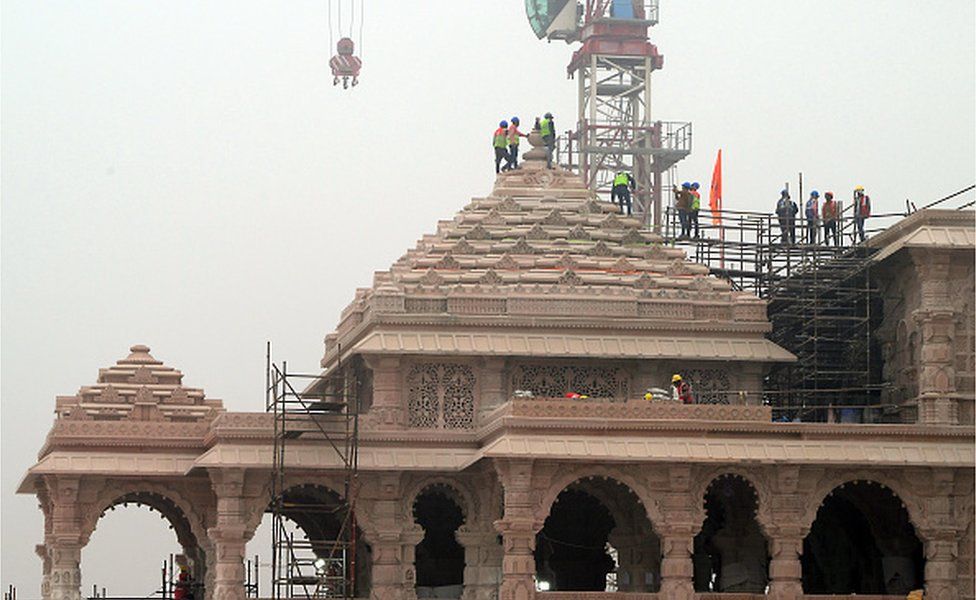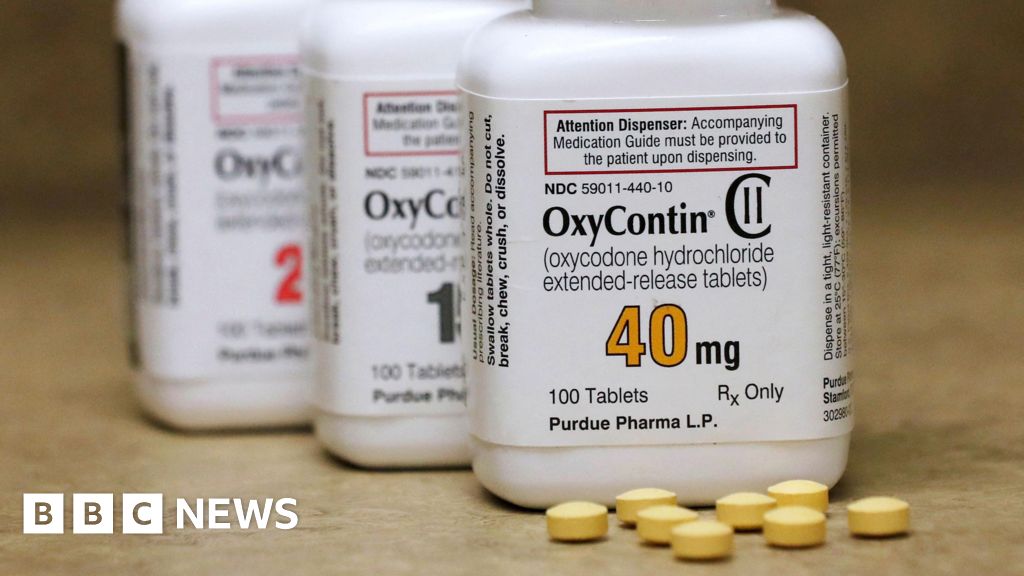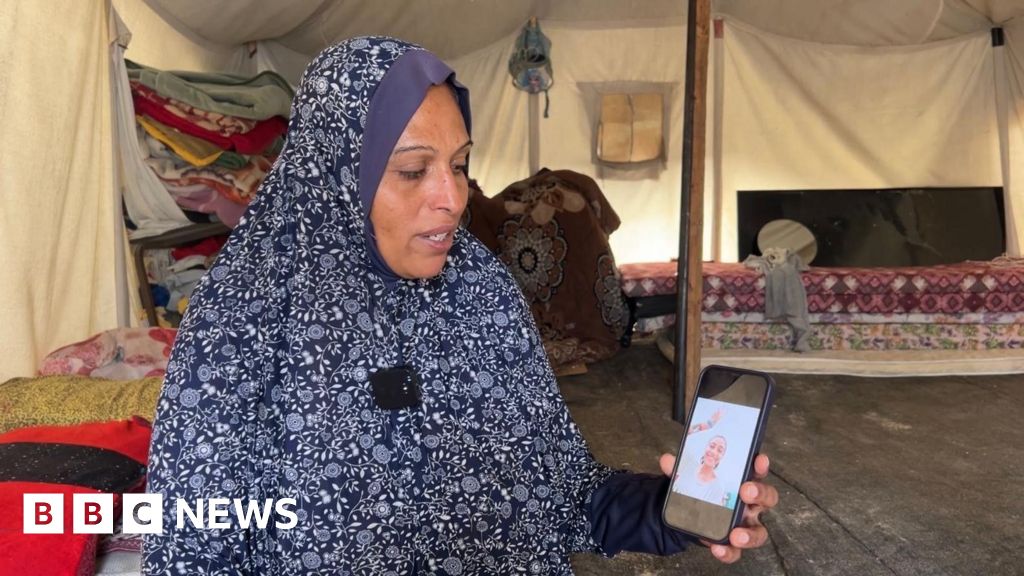ARTICLE AD BOX
 Image source, Getty Images
Image source, Getty Images
Stretching across 7.2 acres, the three-storey shrine is made of sandstone and granite
By Geeta Pandey
BBC News, Delhi
India's PM Narendra Modi is due to inaugurate a grand temple to popular Hindu god Ram in the city of Ayodhya.
It replaces a 16th-Century mosque, razed by Hindu mobs in 1992. The demolition had sparked nationwide riots in which nearly 2,000 people died.
The temple fulfils a decades-long Hindu nationalist pledge to build a shrine to Lord Ram in the flashpoint city.
But some Hindu seers and most of the opposition are staying away, saying Mr Modi is using it for political gains.
Many Hindus believe that Ayodhya is the birthplace of Ram and the Babri mosque was built by Muslim invaders on the ruins of a Ram temple at the exact spot where the Hindu god was born.
The movement to build a temple at the same site was a major factor that propelled the Bharatiya Janata Party (BJP) into political prominence in the 1990s.
Constructed at a cost of $217m (£170m), the new three-storey structure - made with pink sandstone and anchored by black granite - stretches across 7.2 acres in a 70-acre complex.
Mr Modi will open only the ground floor of the temple - the remaining portions are expected to be completed by the end of the year.
A 51-inch (4.25-ft) statue of the deity, especially commissioned for the temple, was unveiled last week. The idol has been placed on a marble pedestal in the sanctum sanctorum.
Monday's ceremony is called Pran Pratishtha, which loosely translates from Sanskrit into "establishment of life force". Hindus believe that chanting of mantras and a set of rituals performed around a fire will infuse sacred life in an idol or a photograph of a deity.
Mr Modi has called the temple a major achievement and said that "the entire country is eagerly waiting for 22 January".
"Many generations had looked forward to this moment," he said in a message earlier this month, adding that he would be "representing all of India's 140 million people" at the consecration ceremony.
But a sour note has been struck with some top religious seers saying that as the temple is not yet complete, it is against Hinduism to perform these rituals there, and many opposition leaders deciding to stay away.
General elections are due in India in the next few months and Mr Modi's political rivals say the governing BJP will be seeking votes in the temple's name in a country where 80% of the population is Hindu.
Ayodhya Ram Temple: A glittering makeover for a holy Indian city
Some of the opposition-ruled states have also announced their own plans for the day - West Bengal Chief Minister Mamata Banerjee said she would pray at the iconic temple to goddess Kali in Kolkata and then lead an all-faith rally. The eastern state of Odisha (Orissa) has unveiled huge plans to bring pilgrims to the Jagannath temple in Puri, one of the holiest sites for Hindus.
But in Ayodhya, all roads lead to the new temple. Thousands of policemen have been deployed to ensure security and manage traffic. Saffron-coloured flags of the BJP and those with images of Hindu gods dot major roads, many of which have been decorated with bright yellow and orange marigold flowers.
Authorities say they expect more than 150,000 visitors per day once the temple is fully ready.
To accommodate this expected rush, the city has been the site of frenzied construction work for months. In recent weeks, a brand new airport and a railway station have been opened, several new hotels have been built and the existing ones have been spruced up.
The government has allotted $3.85bn (£3.01bn) for the transformation of Ayodhya, the tranquil pilgrim town on the banks of Saryu river, a tributary of the Ganges.
Officials say they are building a "world-class city where people come as pilgrims and tourists", but many local people have told the BBC that their homes, shops and "structures of religious nature" have been either completely or partially demolished to expand roads and set up other facilities.

 1 year ago
22
1 year ago
22








 English (US) ·
English (US) ·